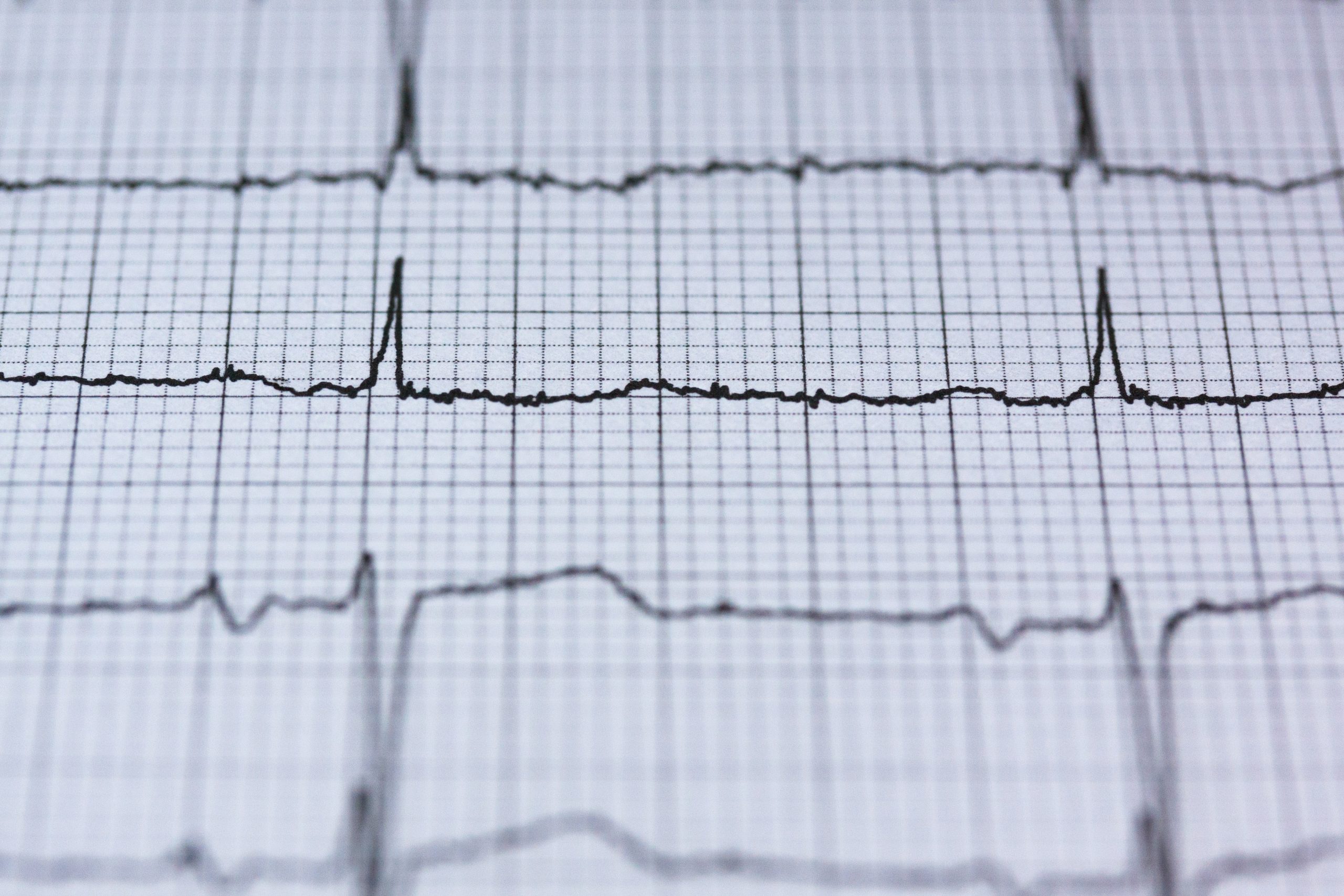
Tachycardia generally refers to a resting heart rate that is higher than one-hundred beats per minute. Some potential reasons for an elevated heart rate are stress, anxiety, physical exertion through exercise or a physically demanding task, anemia, anger, certain medications, heart damage, congenital heart problems, high blood pressure, hyperthyroidism, and some other medical conditions. Heart conditions are more common now than ever, and tachycardia is one of many. Let’s take a look at some reasons for an elevated heart rate, and what we can do about them.
Stress, Anxiety, and Anger
Your emotional state can affect your body in many different ways. One of the most common parts of your body that is affected by strong emotions is your heart. Stress, anxiety, and anger can increase cortisol levels and trigger a release of adrenaline. This release of hormones can lead to an elevated heart rate, faster breathing, feeling of a tight chest, and some research suggests that these strong emotions may also contribute to inflammation. This can be particularly damaging when someone experiences these emotions every day. Many people are experiencing chronic stress, anxiety, and/or anger due to things like a demanding career, an unhappy marriage, family issues, financial struggles, etc. This prolonged release of cortisol and other hormones can wreak havoc on the body, decrease adrenal gland function, and may increase a person’s risk of heart disease, stroke, and other medical conditions. However, if a person notices a high resting heart rate and is not experiencing stress, anxiety, or anger, other causes should be considered.
Medical Conditions and Medications
Some medical conditions can cause an elevated heart rate, even at rest. Anemia is a medical condition in which iron levels are too low, which decreases the amount of red blood cells, leading to lower oxygen levels in the blood. This can cause an elevated heart rate because your heart is trying to compensate for the low blood oxygen by pumping blood throughout the body faster. Hyperthyroidism is a condition in which the thyroid gland produces too much thyroid hormone, which can also lead to an elevated heart rate. There are many other conditions that can cause an elevated heart rate, so it’s best to check with your doctor if you have an elevated resting heart rate to rule out any medical conditions. Certain medications can also cause an increase in heart rate, so you should be familiar with the potential side effects of any medications you are taking.
Heart Healthy Habits
The health of your heart largely depends on your diet and lifestyle. Eating a balanced diet, engaging in light exercise, staying hydrated, practicing stress-reducing techniques, and taking supplements formulated to support heart health can all go a long way in keeping your heart healthy. Processed foods should be avoided as much as possible, and your diet should consist mainly of organic fruits and vegetables, grass-fed and free-range meats, and high-quality fats like those found in coconut oil and olive oil. You should also do your best to drink around 64 ounces of clean, filtered water every day.
Some supplements that may help improve heart health include:
- Orthomega – High-quality fish oil supplement providing EPA and DHA.
- Bergamot BPF – Contains bergamot orange extract, which may help balance cholesterol levels and improve liver function.
- Methyl CPG – Contains a high-dose of vitamin B12, and is designed to help decrease homocysteine levels in the body.
Taking care of your heart is so important, and we’re here to help you learn how!
You can listen to our Heart Health podcast here.
